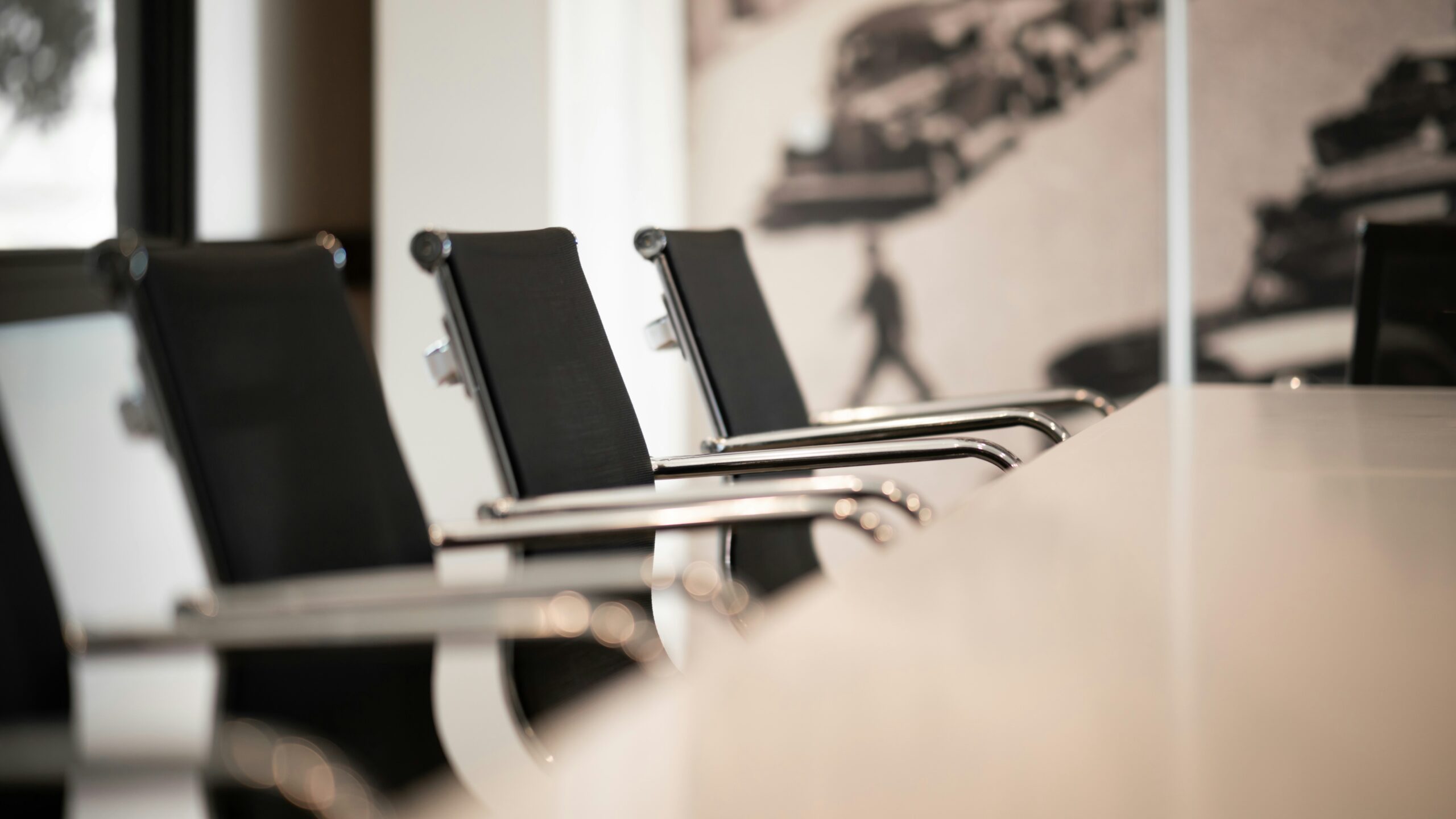
Beyond simple negotiations, there are a variety of less “determinative” alternative dispute resolution (ADR) processes that parties may seek to adopt in their desire to resolve disputes but maintain control over the process.
Two such options available to parties are mediation and conciliation.
Whilst mediation has been widely adopted across the legal industry, conciliation continues to see most of its use in certain niche contexts (for example, workers compensation and industrial relations).
Hence, it is important for parties to turn their mind to these two options to determine which approach is best for their specific circumstances.
What is Mediation
In a mediation, the parties will appoint an independent third party to act as a “mediator” between the parties. During a structured mediation process, the mediator will guide the parties through a process which seeks to, at a high level:
- identify issues in dispute;
- articulate clearly the party’s respective positions;
- develop potential options or alternatives that may resolve the issues in dispute; and
- reach an agreement between the parties.
Practically, mediation allows the parties to agree on a way forward, which is not prescribed or determined by a third party. Consequently, the parties are provided the opportunity to agree a resolution that may be outside of the scope of any potential third-party determination.
What is Conciliation
At a high level, conciliation functions in a similar manner to mediation, except with the appointment of a “conciliator” instead of a mediator.
The structured process that the parties follow may be similar to a mediation, though the conciliator is provided with certain additional abilities that may assist in resolving the dispute.
Namely, the conciliator is permitted to express their own views on:
- the merits of each parties’ arguments; and
- what they consider the possible or likely outcome of the case might be.
Practical Differences
Practically, the difference between the two approaches is the level of intervention that the third party (either a conciliator or mediator) may have over the process.
Namely, it would not be unusual for a conciliator to express their own views on the merits of a particular aspect of a case, or indeed the potential outcome. This is in stark contrast to traditional mediations, where a mediator would normally act to facilitate a resolution between the parties, without expressing personal opinions on the nature or potential outcome of the disputes.
This is an important consideration for the parties, as it introduces a level of “determinative” intervention in the ADR process, which may not otherwise be present.
To this end, conciliation therefore lends itself more towards processes where parties would benefit from a third party providing their opinion in respect of the matter, without necessarily providing a determinate assessment.
Importantly, both mediation and conciliation continue to offer the key benefits afforded by ADR processes generally, including confidentiality, flexibility, and the ability to significantly reduce overall costs if the matter is resolved.
Hence, parties should turn their mind to the potential for employing either a mediation or conciliation as part of a tiered dispute resolution process.
The benefit of conciliation providing an aspect of “determinative” input may be particularly suited for certain disputes (and hence its wide adoption in employment and industrial matters), which may appeal to certain parties.
The content of this article is for information purposes only and does not discuss every important topic or matter of law, and it is not to be relied upon as legal advice. Specialist advice should be sought regarding your specific circumstances.
Contact: Peter Lamont or Ryan Bryett
Email: [email protected] or [email protected]
Phone: (07) 3248 8500
Address: Suite 2, Level 2, 349 Coronation Drive, Milton Qld 4064
Postal Address: PO Box 1133, Milton Qld 4064
